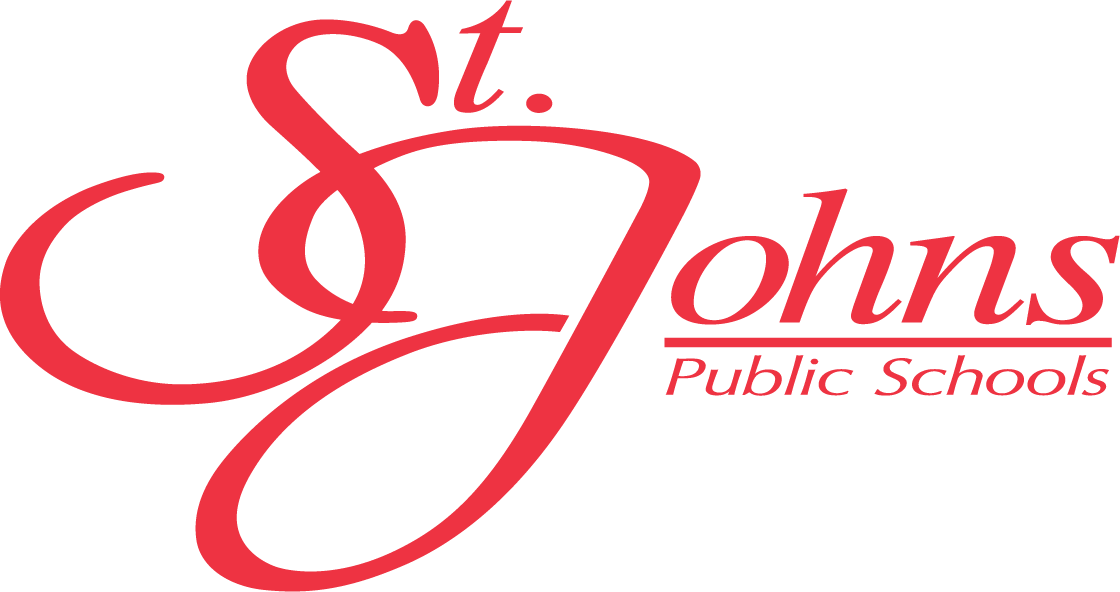Concussions and Head Injuries
ALL STUDENTS MUST HAVE THIS FORM SIGNED BEFORE PARTICIPATING IN ANY PHYSICAL ACTIVITY.
This form is not just for athletes. We recognize that our younger students will not be able to sign the form, and a parent signature is sufficient. This form MUST BE RETURNED TO OUR OFFICE ON OR BEFORE THE FIRST DAY OF SCHOOL. If we do not have a signed form, your child will not be allowed to participate in gym class. For further questions:
CONCUSSION INFORMATION
The most common symptoms after a concussive traumatic brain injury are headache, amnesia and confusion. The amnesia, which may or may not be preceded by a loss of consciousness, almost always involves the loss of memory of the impact that caused the concussion.
Signs and symptoms of a concussion may include:
- Headache or a feeling of pressure in the head
- Temporary loss of consciousness
- Confusion or feeling as if in a fog
- Amnesia surrounding the traumatic event
- Dizziness or "seeing stars"
- Ringing in the ears
- Nausea or vomiting
- Slurred speech
- Fatigue
Some symptoms of concussions may be immediate or delayed in onset by hours or days after injury:
- Concentration and memory complaints
- Irritability and other personality changes
- Sensitivity to light and noise
- Sleep disturbances
- Psychological adjustment problems and depression
- Disorders of taste and smell
Symptoms in children:
Head trauma is very common in young children. But concussions can be difficult to recognize in infants and toddlers because they can't readily communicate how they feel. Nonverbal clues of a concussion may include:
- Listlessness, tiring easily
- Irritability, crankiness
- Change in eating or sleeping patterns
- Lack of interest in favorite toys
- Loss of balance, unsteady walking
When To See A Doctor
See a doctor within one to two days if:
- You or your child experiences a head injury, even if emergency care isn't required
The American Academy of Pediatrics recommends that you call your child's doctor for advice if your child receives anything more than a light bump on the head. If your child remains alert, moves normally and responds to you, the injury is probably mild and usually doesn't need further testing. In this case, if your child wants to nap, it's OK to let them sleep. If worrisome signs develop later, seek emergency care.
Seek emergency care for a child who experiences a head injury and:
- Vomiting
- A headache that gets worse over time
- Changes in his or her behavior, including irritability or fussiness
- Changes in physical coordination, including stumbling or clumsiness
- Confusion or disorientation
- Slurred speech or other changes in speech
- Vision or eye disturbances, including pupils that are bigger than normal (dilated pupils) or pupils of unequal sizes
- Changes in breathing pattern
- Lasting or recurrent dizziness
- Blood or fluid discharge from the nose or ears
- Large head bumps or bruises on areas other than the forehead, especially in infants under 12 months of age
Seek emergency care for anyone who experiences a head injury and:
- A loss of consciousness lasting more than a minute
- Repeated vomiting
- Seizures
- Obvious difficulty with mental function or physical coordination
- Symptoms that worsen over time
Athletes - No one should return to play or vigorous activity while signs or symptoms of a concussion are present.
Experts recommend that an athlete with a suspected concussion not return to play until he or she has been medically evaluated. Experts also recommend that child and adolescent athletes with a concussion not return to play on the same day as the injury.








